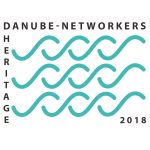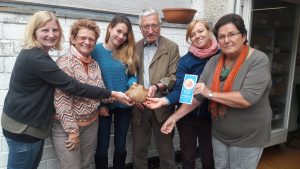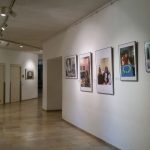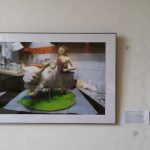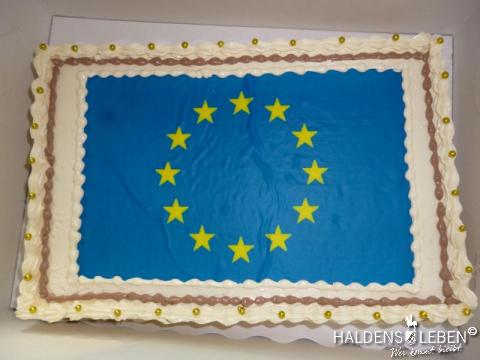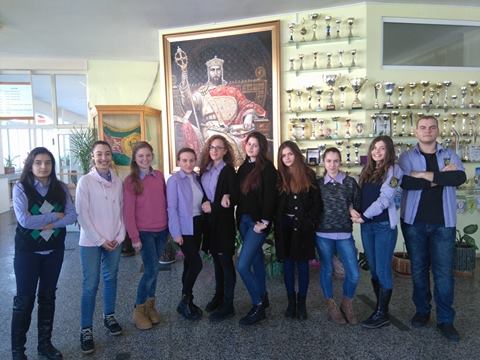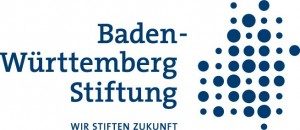Roggenburg, 17/06/2018
Nine partners from six countries and one goal: Strengthening European awareness through transnational projects and methods. “Building Bridges for Europe” is the name of the project which is financially supported by the EU for two years. The focus of the project is on developing an online toolbox which will contain a collection of proved and tested methods and projects which will support European awareness.
The second partner meeting took place at the monastery of Roggenburg from 15th to 18th July with approx. 40 participants from Romania, Bulgaria, Croatia, Italy, Slovenia and Germany.
For three days the participants adjourned to the monastery of Roggenburg in order to work on the development of an online method toolbox with high concentration after the turbulent partner meeting during the international Danube Festival Ulm/Neu-Ulm. With the help of this toolbox, future organisers of projects and activities shall be given stimulation to support critical thinking and European awareness.
The cooperation was not always easy, there were language barriers, different approaches and interdisciplinary differences were to overcome. An analysis guideline as a basis for the collection of projects and methods is developed. Furthermore, categories and search words were developed which should enable practical and low-threshold approaches to the contents of the toolbox. In between the partner meetings, communication takes place via Internet, a website and a Facebook account also contribute to the distribution of the idea.
The project “Building Bridges for Europe” is conducted by partners of the European umbrella organization “Danube-Networkers for Europe (DANET) e.V.” under the coordination of the affiliated institute ILEU (Ulm). They are accompanied by partners from Bulgaria, Italy, Croatia, Romania and Slovenia. Further partner meetings in Zagreb and Mola di Bari are planned.
For more information about the project: https://ileu.net/building-bridges-for-europe/

